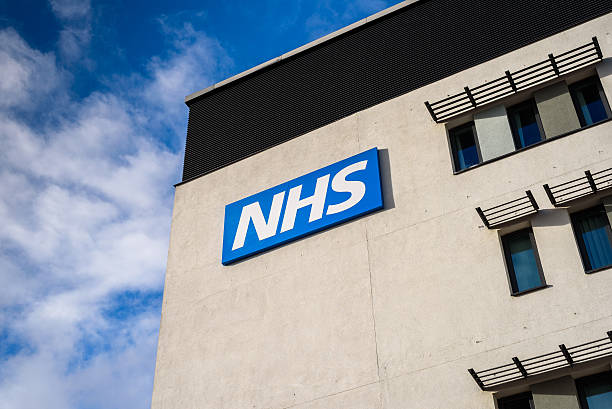
GPs and hospital doctors – whats the difference? There are many different types of doctors. But one of the easiest distinctions to make is that between a GP and a hospital doctor. While both are...
10 functions of a hospital (and interaction with GPs) What does a hospital do? What happens there? How do they interact (or not) with GPs? Hospitals have many functions. Most have the following 10 fun...
Why aren’t there any private A&Es in the UK? Cost. There’s an NHS A&E within easy reach almost everywhere, and why would anyone want to pay more money for what they already paid for from...
Why don’t hospital computer systems link up in the NHS? In this article we will explain why hospital computer systems do not link up in the NHS – and what else they don’t link to. Ke...
Going t0 A&E: 5 Pros and 5 Cons 5 Pros of A&E care A&Es are for critical and life-threatening situations. So if you may have one of those, they are the place to go. If you need to be admit...
What is an Acute Medical Unit (AMU)? An Acute Medical Unit (AMU) is a short-stay ward/department in some UK – and other countries’ – hospitals that may be linked to an A&E but functions as a separ...
A typical day on an NHS ward In this article we will describe the pattern of a typical day on an NHS ward. The day on most NHS wards follows a similar pattern: 7.30- 8.30am – Staff handover from night...
What happens when I get to A&E? In this article we will describe what happens when you get to A&E. Before we do this, remember not all NHS hospitals have an A&E Department. Find out where ...
What is an SHO (senior house officer)? ‘SHO’ – is an old term (though still in use!) for a junior hospital doctor in training in the UK, Ireland and other countries. It typically meant yea...
What is a urologist – and what do they do? Urologists are a type of hospital-based surgeon. They are experts in the surgical treatment (including operations) of diseases of the urinary tract, in...